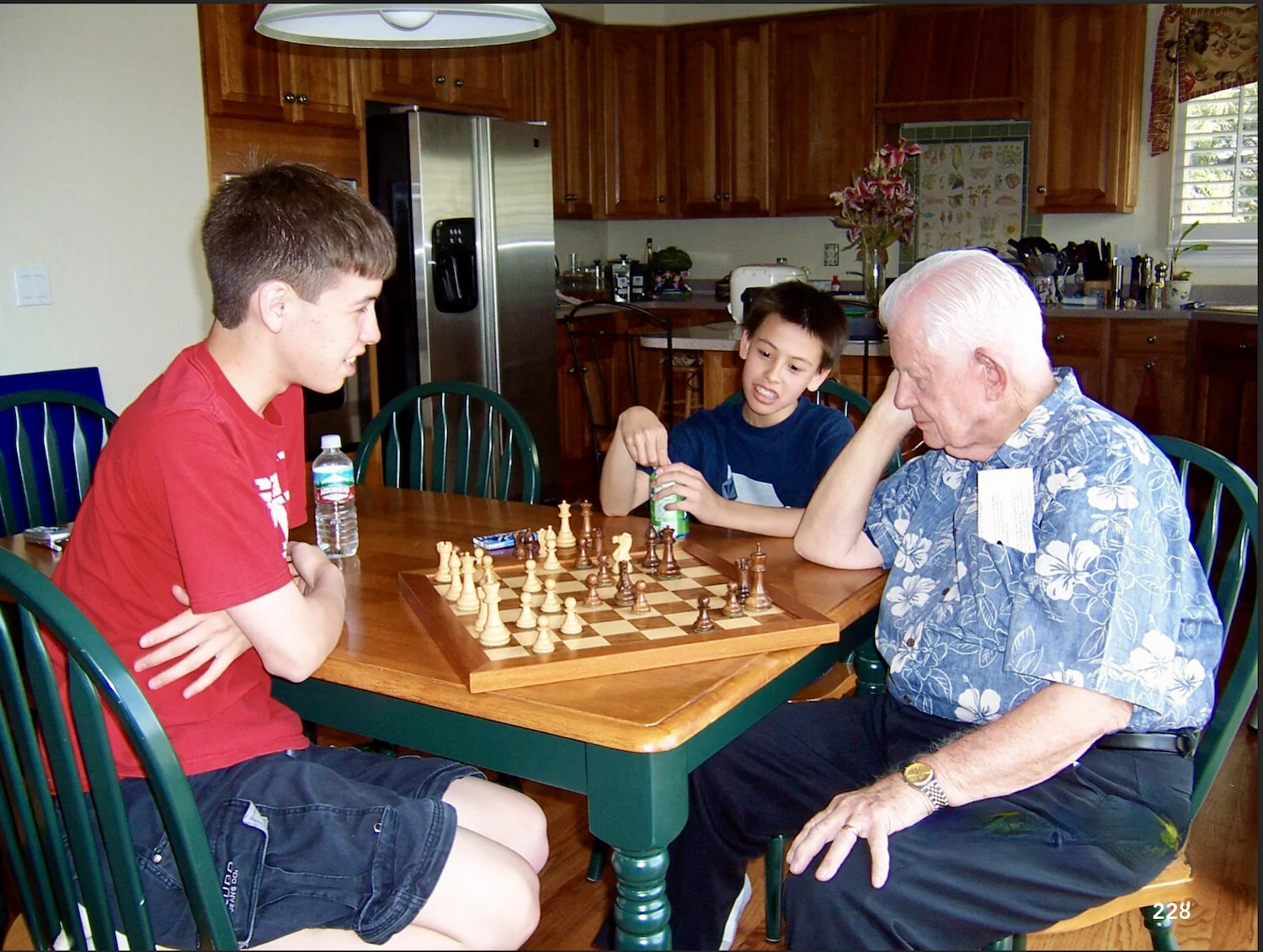Problem Solving: thinking and behavior directed toward attaining a goal that is not readily available. (Hockenbury, 264)
A learning situation involving more than one alternative from which a selection is made in order to attain a specific goal. (MeSH) The mental faculty which is used in adopting thought or action to some end. The guiding principle of the human mind in the process of thinking. (Oxford) Analytic thinking processes, such as "abstraction," "imagination," "generalization," and "logic," help focus a problem clearly and precisely. (Johnson, 82) I am confronted with a very complex "environment" that has many independent actors, acting at many different ‘spatiotemporal’ scales, and I need to be able to deal with that in a very flexible way. (Koch, BSP84)
Brain Performance Envelope: the brain appears to have been designed to solve problems related to surviving in an unstable outdoor setting, and to do so in near constant motion. (Medina, BSP37)
Functional Fixedness: an obstacle to solving problems. The tendency to view objects as functioning only in their usual or customer way. (Hockenbury, 267) Limited "perception" of the potential function of objects. (A failure) to see alternative applications. (Bamford, 10/18/10) A person trying to solve a problem cannot view an object as serving any other purpose than the one it usually serves. (Cardwell, 111)
Insight: the sudden realization of how a problem can be solved. Sometimes an insight will occur when you recognize how the problem is similar to a previously solved problem. (Hockenbury, 267) The comprehension of the solution to a problem. In “psychotherapy,” a client might be said to achieve insight if they arrive at an understanding of their conditions, or the reasons for its existence, that they previously did not have. (Cardwell, 131)
Intuition: the capacity for quick and ready insight. Understanding things instantly, without rational thought or inference. For example, the feeling that something is ‘fishy’, that a politician is lying, that danger is approaching, that your luck is about to change. (Blakeslee, 187) Coming to a conclusion or making a judgment without "conscious" awareness of the thought processes involved. (Hockenbury, 267)
Guiding Stage: the first stage of 'Bowers model of intuition' in which one perceives a pattern in the information being considered, but not consciously. (Hockenbury, 266)
Integrative Stage: the second stage of Bowers model of intuition in which a representation of the pattern becomes conscious, usually in the form of a hunch or hypothesis. (Hockenbury, 266)
Logic: a set of principles that allow us to move from one argument to the next. (Johnson, 83) The science that investigates the principles governing correct or reliable inference (logical conclusions from premises known or assumed to be true). Deals with the... criteria of “validity” in thought and demonstration. This system of reasoning is applicable to any branch of knowledge or study. (MeSH)
Deduction: the process of deducing a conclusion from what is known or assumed; inference from the general to the particular. (Oxford) A type of reasoning that moves from a general statement to a specific conclusion. (Johnson, 83)
Deduce: infer, draw as a logical conclusion (from something already known or assumed); derive by a process of reasoning. (Oxford)
Generalization: the action, the process, or an act of forming a general concept or proposition on the basis of “induction.” (Oxford) The process of formulating general concepts by abstracting common properties of instances; reasoning from detailed facts to general principles. (NCIt) Sets ranges and limits to the "abstractions" that have been altered by imagination. (Johnson, 83)
Induction: the act of bringing about something. (NCIt) The process of inferring or verifying a general law or principle from the observation of particular instances. (Oxford) A type of reasoning that moves from the particular instance to a general conclusion (opposite of deduction). (Johnson, 83)
Non Sequitur: an inference or conclusion not logically following from the premisses; a response, remark, etc., not logically following from what has gone on before. (Oxford)
Premise: a previous statement or “proposition” from which another is inferred or flows as a “conclusion.” (Oxford)
Principle: a fundamental cause or basis of something; a primary element, force, or law determining a particular results. (Oxford)
Mental Set: a focus on solutions that have worked in the past. Sometimes (ineffective because) conditions change and what has worked in the past no longer is successful. (Bamford, 10/18/10) An obstacle to solving problems. The tendency to persist in solving problems with solutions that have worked in the past. (Hockenbury, 267)
Reasoning: the arguments or reasons involved in arriving at a conclusion or judgement. (Oxford) Thinking that is coherent and logical. (NCIt)
Trial and Error: strategy that involves attempting different solutions and eliminating those that do not work. (Hockenbury, 265) Involves trying various combinations until a successful combination is found. Each successive unsuccessful trial is ruled out, until success is achieved. Technique often requires a substantial amount of time to test multiple combinations. (Bamford, 10/18/10) A view of learning that proposes that responses that do not achieve the desired effect are gradually eliminated, and those that do are gradually strengthened. (Cardwell, 255)
